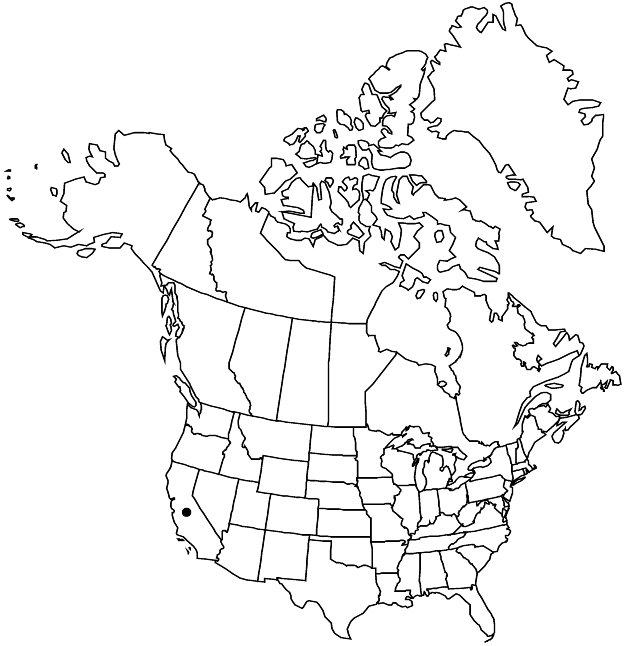Difference between revisions of "Eriogonum viridescens"
Muhlenbergia 2: 25. 1905.
FNA>Volume Importer |
imported>Volume Importer |
||
| (One intermediate revision by one other user not shown) | |||
| Line 8: | Line 8: | ||
}} | }} | ||
|common_names=Two-toothed wild buckwheat | |common_names=Two-toothed wild buckwheat | ||
| + | |special_status={{Treatment/ID/Special_status | ||
| + | |code=E | ||
| + | |label=Endemic | ||
| + | }} | ||
|basionyms= | |basionyms= | ||
|synonyms={{Treatment/ID/Synonym | |synonyms={{Treatment/ID/Synonym | ||
| Line 62: | Line 66: | ||
|publication title=Muhlenbergia | |publication title=Muhlenbergia | ||
|publication year=1905 | |publication year=1905 | ||
| − | |special status= | + | |special status=Endemic |
| − | |source xml=https:// | + | |source xml=https://bitbucket.org/aafc-mbb/fna-data-curation/src/2e0870ddd59836b60bcf96646a41e87ea5a5943a/coarse_grained_fna_xml/V5/V5_857.xml |
|subfamily=Polygonaceae subfam. Eriogonoideae | |subfamily=Polygonaceae subfam. Eriogonoideae | ||
|genus=Eriogonum | |genus=Eriogonum | ||
Latest revision as of 22:14, 5 November 2020
Herbs, spreading, annual, (0.5–)1–2(–3) dm, tomentose, greenish, grayish, or reddish. Stems: caudex absent; aerial flowering stems erect, not striated or angled, solid, not fistulose, 0.2–0.8 dm, tomentose. Leaves basal and cauline; basal: petiole 0.5–1 cm, floccose, blade lanceolate to obovate, (0.5–)2–3 × 1.5–2 cm, tomentose abaxially, floccose to glabrate and grayish to greenish adaxially, margins entire or occasionally crenulate; cauline sessile, blade lanceolate to oblanceolate, 0.5–2 × 0.3–1 cm, similar to basal blade. Inflorescences cymose, open, 4–25 × 5–30 cm; branches tomentose; bracts 3, scalelike, 0.5–2.5 × 1–2 mm. Peduncles spreading, straight, capillary, 1–2 cm, sparsely glandular. Involucres campanulate, 2–3 × 2–4 mm, finely glandular; teeth 5, erect, 0.4–0.8 mm. Flowers 1–2.5 mm; perianth white to rose, glandular; tepals dimorphic, those of outer whorl obovate to spatulate, broadly inflated above middle, those of inner whorl narrowly spatulate; stamens included, 1–2 mm; filaments pilose proximally. Achenes light brown, 3-gonous, 1–1.5 mm, glabrous.
Phenology: Flowering Apr–Nov.
Habitat: Sandy to gravelly or clayey flats and slopes, mixed grassland, chaparral, saltbush, and creosote bush communities, oak and conifer woodlands
Elevation: 100-1700 m
Discussion
Eriogonum viridescens is infrequent in the Inner Coast and the Transverse ranges (Fresno, Kern, Kings, Los Angeles, Merced, Monterey, Riverside, San Benito, western San Bernardino, San Luis Obispo, Santa Barbara, and Ventura counties). Unlike those of the more widespread E. maculatum, the outer tepals of E. viridescens are swollen apically, rather than basally. A collection made at Crystal Springs in the Coso Mountains of Inyo County (Coville & Funston 909, DS, US) probably is accurately labeled but the location remains to be confirmed by modern collections.
Selected References
None.
